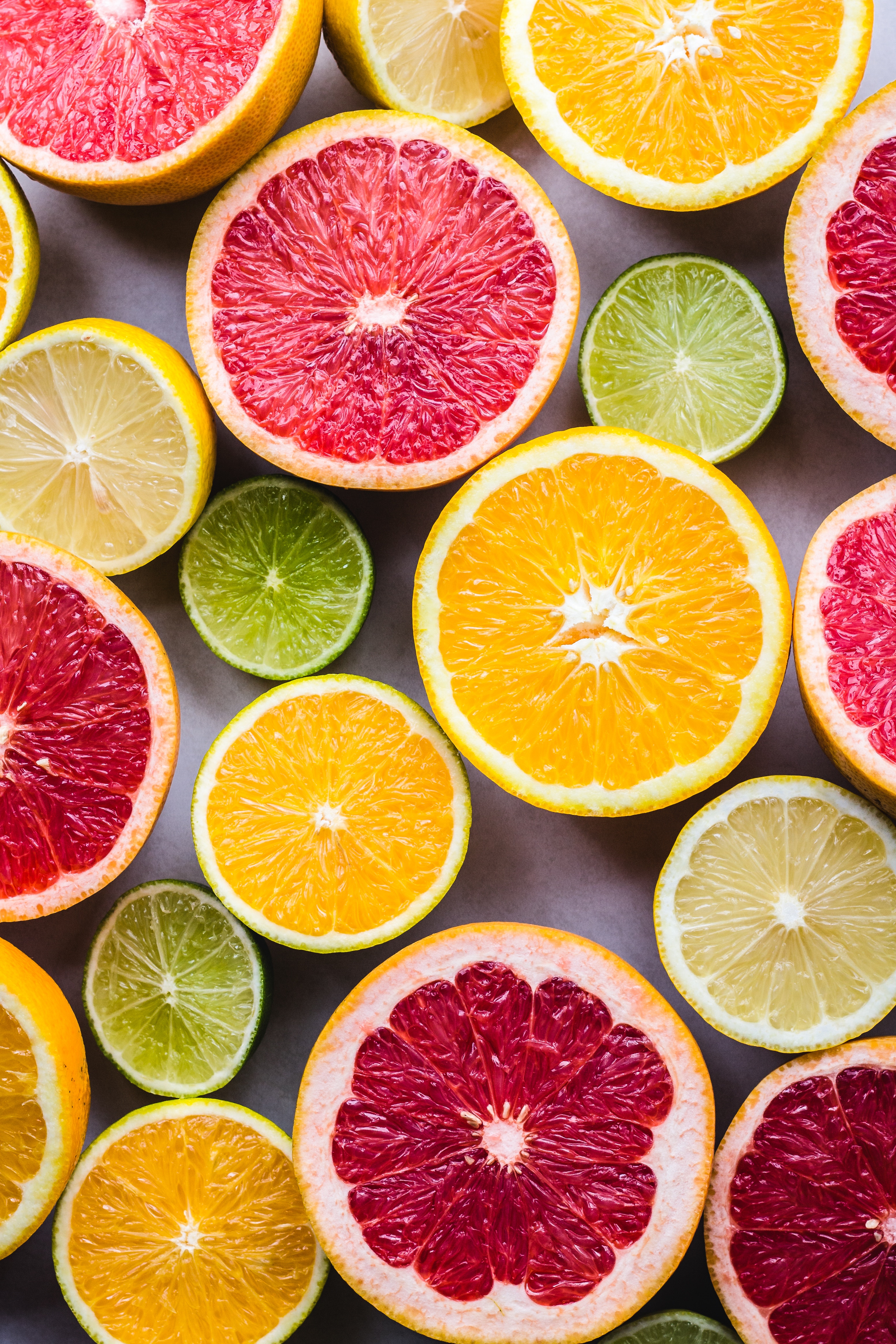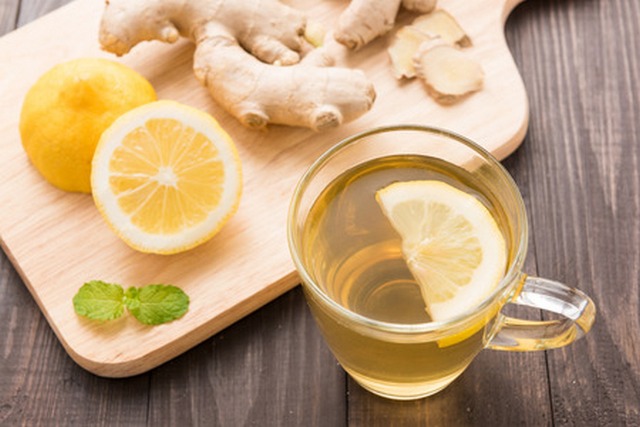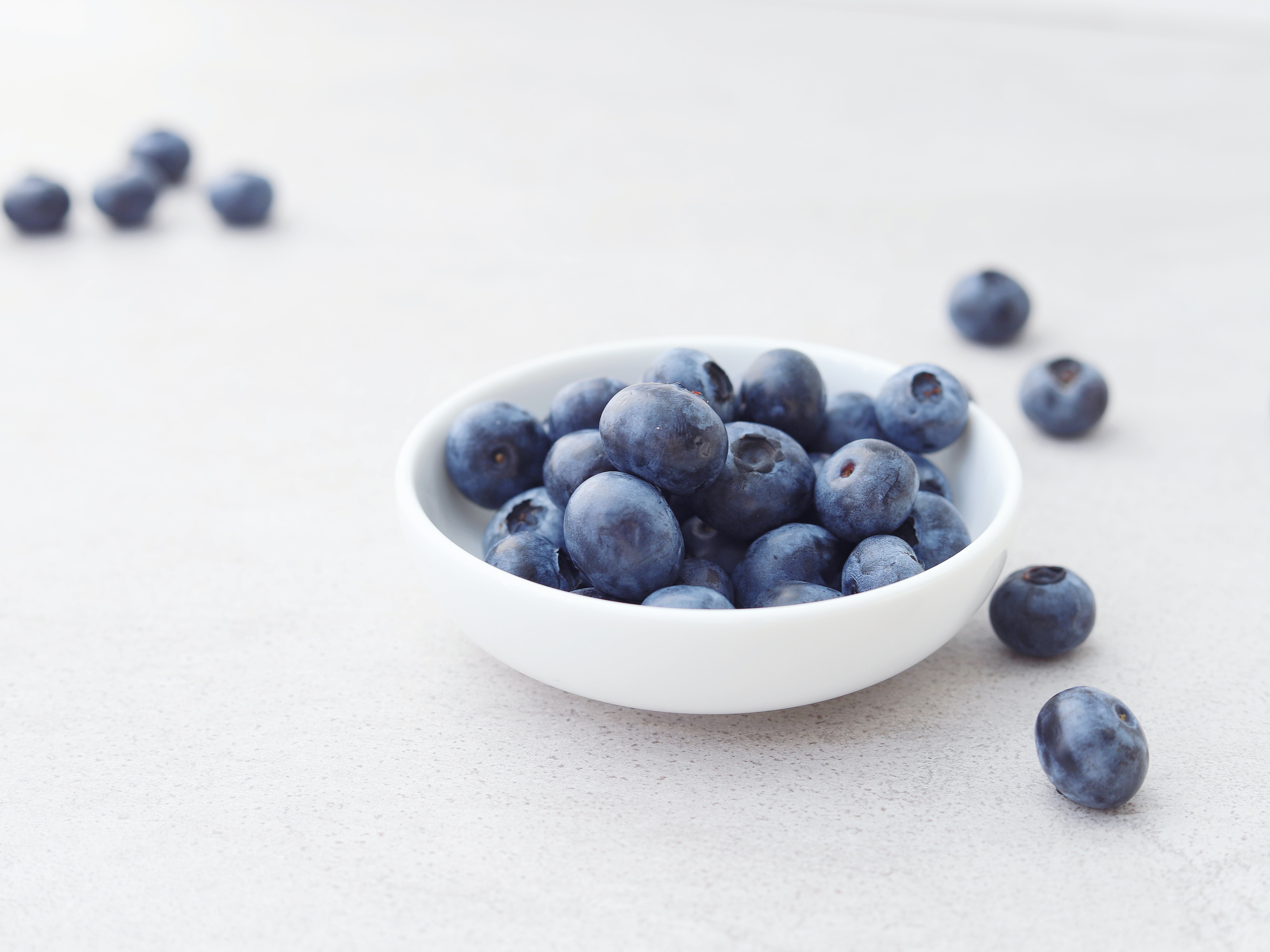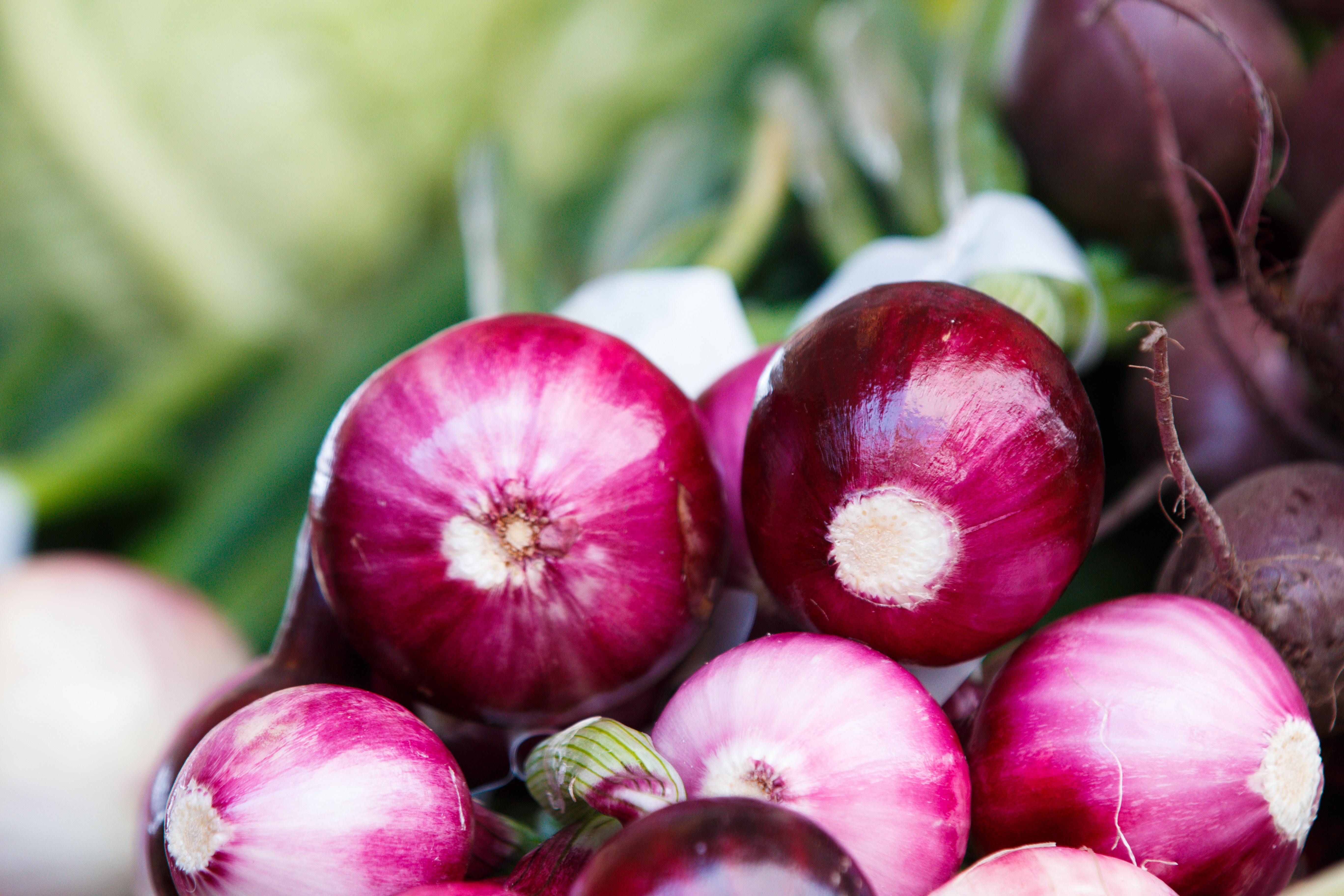Many people with ME/CFS experience digestive issues including heartburn. Around half of adults experience it at least once per month. Somewhere between 10-20% have it at least once per week!
Heartburn, also known as acid reflux, occurs when the strong acid in your stomach creeps up into your oesophagus.
It can feel like a burning sensation; hence the name “heartburn.” Other common symptoms include bloating, burping, difficulty swallowing, or a sore throat. Often there is a bitter or sour taste as well.
Don’t get me wrong, stomach acid is good! Stomach acid is essential for good health and optimal digestion. We need the acid in our stomach to protect us against harmful microbes (i.e. bacteria) that lurk in our food and drinks. Stomach acid also helps us break down our food, and digest nutrients. But we need that acid to stay in the stomach, and not get up to our oesophagus!
Stomach acid doesn’t usually burn the stomach itself; this is because the stomach is protected by a layer of mucus.
But your oesophagus doesn’t have that same protection. It has a valve that is supposed to prevent things from going the wrong way (i.e. keep food, drink, and acid down; not allow it back up). And when your oesophagus is exposed to stomach acid too often, it can cause the infamous burning, inflammation, and other potential issues.
I’m going to share a bunch of tips that may help you overcome your heartburn symptoms naturally.Of course, if symptoms last for a long time, or get worse, it’s probably a good idea to see your doctor.
Tip #1 – Foods to eat (and avoid)
You may notice that when you eat or drink certain things, you get heartburn soon afterwards. These triggers may be different for everyone; but often include onions, garlic, chocolate, citrus fruits, tomato, mint, spicy foods, greasy foods, coffee, carbonated drinks, or alcohol. If any of these affect you, reduce them or even try cutting them out to see if it makes a difference.
Heartburn
might also result from a sneaky food intolerance. Try eliminating
grains, dairy, and processed foods for a few weeks and see if that
helps.
Now, you may be wondering: “If I eliminate these
foods/drinks, then what can I put in their place?”
Try increasing fibre intake. Yes, this means more whole, unprocessed foods, especially veggies! In fact, potatoes may be a great addition to meals if you suffer from heartburn. Try getting at least five servings of veggies every day.
If you want to learn more about nutrition and supplements to stop heartburn, contact Kate for a free 15 minute chat. Click HERE for contact details.
Tip #2 – How and when to eat
Eat slowly. Use meal times to release stress. Chew your food very well. Don’t eat meals that are too big.
And don’t eat too close to bedtime. You want to avoid lying down with a full stomach. We’re talking finishing eating 2-3 hours before lying down, so schedule your dinner or snack with this in mind.
Tip #3 – Lifestyle techniques
Sometimes strenuous exercise can make heartburn symptoms worse. If this happens to you, then focus on low-intensity exercises like walking and cycling.
If symptoms come on as you’re lying down to sleep, try adding a pillow or two so your head is a bit higher than your stomach.
Another interesting tip is to try sleeping on your left side. Lying on your left side works because the valve that prevents the acid from “leaking” into your oesophagus is located on the right side of the stomach. So, when you’re lying on your left, the acid is away from that valve.
Conclusion
Heartburn is a very common condition where stomach acid creeps up into the oesophagus (where it’s not supposed to be).
If you suffer from symptoms of heartburn, there are many things you can do. There are foods and drinks to avoid and veggies to increase. You can eat slower, chew more thoroughly, and don’t lie down within 2-3 hours of eating. Also, try low-intensity exercise and sleeping on your left side.
Try these simple, natural strategies. They can help prevent or relieve heartburn symptoms for you.
Recipe (Not Too Greasy or Spicy): Baked Potatoes
Serves 4
1
small bag of mini potatoes
4 tbsp olive oil
1 tsp salt
1 tsp black pepper
Instructions
Scrub potatoes and boil them until they’re soft. How long will depend on their size, so check them by feeling how easily they’re penetrated with a fork or knife.
Drain the water and toss the potatoes with olive oil. Sprinkle with salt & pepper.
Place in a roasting dish at 425F for about 15 minutes.
Serve & enjoy!
Tip: Don’t have mini potatoes? Use large potatoes or sweet potatoes and chop them to the size of mini potatoes.
References:
http://www.precisionnutrition.com/heartburn-reflux-gerd
https://authoritynutrition.com/heartburn-acid-reflux-remedies/












